 Did you know that February is National Children’s Dental Health Month? Children are encouraged to visit the dentist regularly starting by age 1 because good dental hygiene habits that are developed at an early age are likely to remain in adulthood. However, although it may be easy to say “Everyone, brush your teeth!”, some children struggle with tooth brushing. Here are some suggestions on how to develop healthy dental hygiene habits:
Did you know that February is National Children’s Dental Health Month? Children are encouraged to visit the dentist regularly starting by age 1 because good dental hygiene habits that are developed at an early age are likely to remain in adulthood. However, although it may be easy to say “Everyone, brush your teeth!”, some children struggle with tooth brushing. Here are some suggestions on how to develop healthy dental hygiene habits:
1. Start early with gum massage.
Even if your infant doesn’t have teeth yet, you can start the oral hygiene routine with gum massage and cleaning. Take a piece of clean cloth or gauze and wet it. Gently massage and wipe your baby’s gums. You can cuddle your child and sing some songs (you can either find or make up a tooth brushing song!) in a gentle, calm voice. This will get your child used to having her mouth cleaned and develop a routine for future tooth brushing.
2. Time and location might make a difference.
Tell me if this sounds familiar: you tell your child, “It’s time to brush your teeth!” and your child fiercely replies, “No!” If this is becoming a pattern, it means that the negative routine needs to be broken. Simply changing the timing of tooth brushing from before going to bed to right after dinner, for example, may elicit a different response from your child. Some people suggest that brushing teeth while taking a bath works by saying “Your teeth need some cleaning too!”
3. Provide realistic choices and a sense of mastery.
Starting around 2 years old, children try to gain more independence and test boundaries. Some children may not like to let parents brush their teeth because they feel that they are able to do it. Although children can definitely do some of the tooth brushing, it is not realistic to expect very young children to be able to do a thorough job, and it’s important to properly brush their teeth to avoid cavities and other dental problems.
Provide more age appropriate, realistic choices, such as which toothbrush to use (they can help you pick one out at the store), what flavor of tooth paste they want, or which teeth they want to start brushing, etc.
You can also find teeth models or stuffed animals with teeth and let your child brush those pretend teeth. If you can’t buy one, making a model with some recycled material will add to the fun, or you can even simply draw them. You can tell your child, “I know you want to brush your teeth on your own. But it is my job to make sure that your teeth are really clean. Now, you have your job to clean Mr. Bear’s teeth. Let’s brush Mr. Bear’s teeth while I brush your teeth!” This will give your child a sense of mastery and control, while you make sure your child’s dental hygiene needs are met. When your child is ready to brush her teeth on her own, she will already have some good practice!
4. Make it more predictable.
Imagine what it’s like to have other people brush your teeth. It can feel sort of intrusive! Some children don’t like tooth brushing, not because of the control issue but because of sensory issues.
When brushing your child’s teeth, recognize that tooth brushing can be uncomfortable for your child. Describe what you are doing and make it more predictable by counting. You can say, “I know it doesn’t feel very good when I’m brushing your teeth. We are going to start with the back teeth on the top. Now, we are going to brush it 5 times. 1, 2, 3, 4, 5….Let’s move on to the tooth that’s right next to the one we finished.” This will help your child be more prepared. Make sure to pause and let your child tell you when she is ready. Also, using a toothbrush with soft bristles often helps, and some children like the electronic toothbrushes better because the vibration numbs uncomfortable sensations.
These are just a few examples of how you can avoid struggles when brushing your child’s teeth. The bottom line is to keep it fun, instead of turning the routine into something frustrating. Sing silly songs and make it a fun game!
Please come by the Museum and share any strategies that work for your family at our Tasty Tuesdays program. Also, celebrate children’s dental health and get various resources from dental health professionals on Friday evening, February 6th and Saturday, February 28th!

